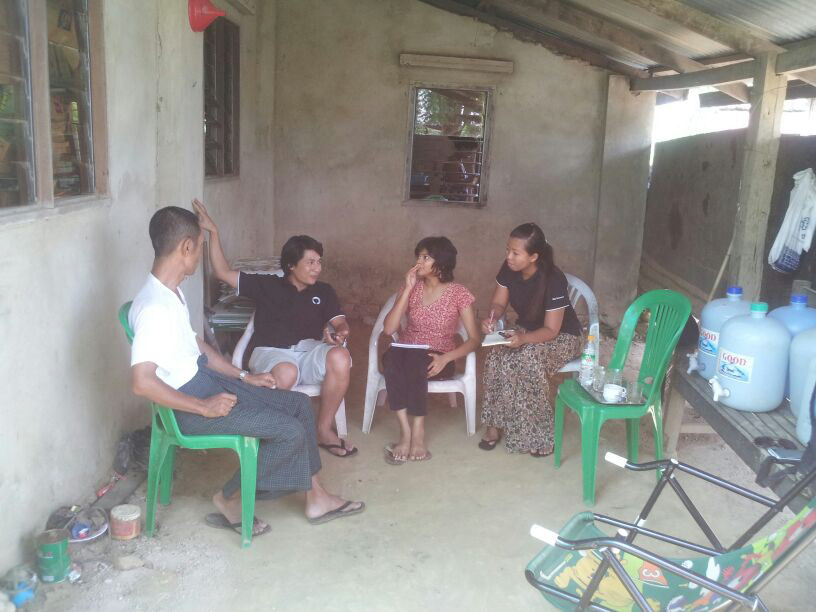DESIGNING FOR EMERGING MARKETS : CASE STUDY FOR MYANMAR
AIM : To understand mobile phone User Behaviour of urban poor Micro-entrepreneurs in Myanmar
The opening up of Myanmar’s market to two new mobile telecom operators in 2014, necessitated the exploration of how the technology could be used to serve the country’s most impoverished populations. Having identified micro-entrepreneurs as key agents in enabling any transition out of poverty, through, for e.g., the employment of bottom of the pyramid (BoP) populations, ethnographic research was conducted into how to consume information and access knowledge. The study focused on the business-related use of mobile phones and other communication channels. Four broad areas of inquiry within which telecommunications could serve MEs included (i) Enterprise Management (ii) Financial Inclusion (iii) Access to Public Utilities and (iv) Communication. The need to recognize MEs as growing consumer group for telecom operators was substantiated by the findings of this study.
--> The final report can be accessed here.

Conceptual Framework for Research
Micro-Entrepreneurs from 5 different cities of Myanmar carrying out their business in trade, manufacturing and service sectors were studied for this project. A detailed study was done on the nature of their business and how through mobile technology their livelihood could be improved. The research protocols were designed to get a complete picture of what a day in the life of the ME looks like, what are the various needs and demands of the business and his/her perspective on various aspects of the business.



Field Diary Entry and Mini Ethnography

Mapping the process & documents required by a micro-entrepreneur to acquire a business licence without which s/he cannot rent a space & public utilities necessary. More can be found in the report.

Mapping the process & documents required by a micro-entrepreneur to acquire electricity connection, alternate sources of electricity and expenses associated with them. More can be found in the report.

Presentation of key findings with clients, policy makers, academicians and experts from the telecom sector.

"The cost of new connections had been a huge barrier in accessing mobile telecom services in Myanmar. In fact, SIM cards were priced around MMK 150,000-200,000 ($150-200) in the market (and it used to be about $ 500-600 a few years ago). In 2014, Myanmar had only two denominations of top up cards, MMK 5000 ($5) and MMK 10,000 ($10) and even MMK 5000 ($5) was a considerable amount to spend. So even though the users spent that much in a month, they were unable to spread the expenditure over multiple days by purchasing lower denomination top up cards." - Insights from the Report

Team :)
I was in Myanmar for 40 days. Hope this video takes you through my journey as a researcher there. :)
